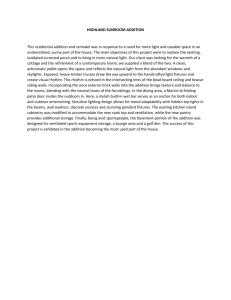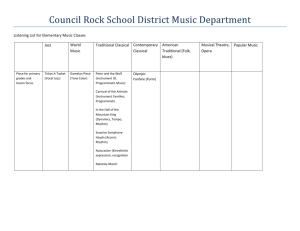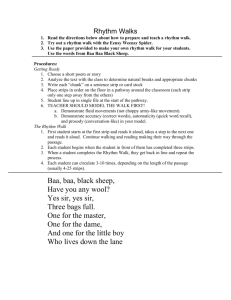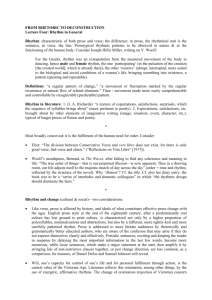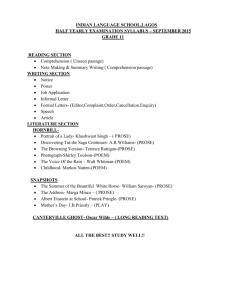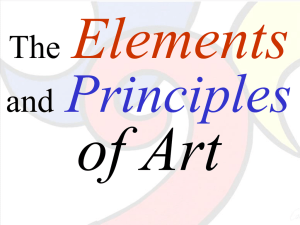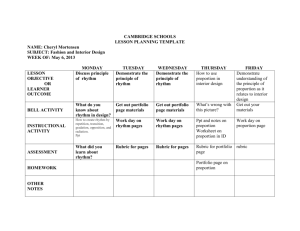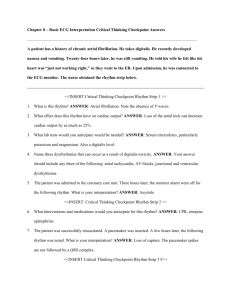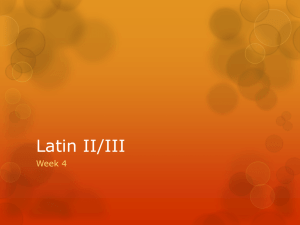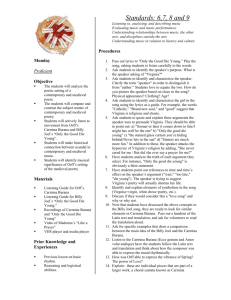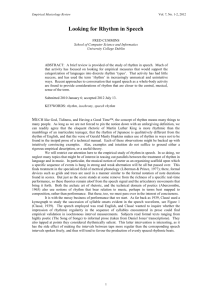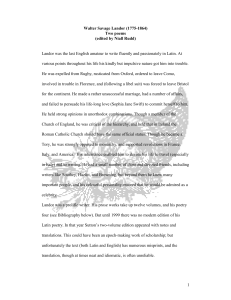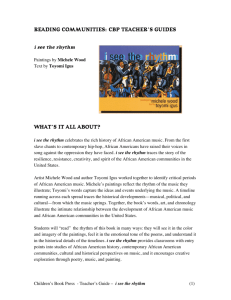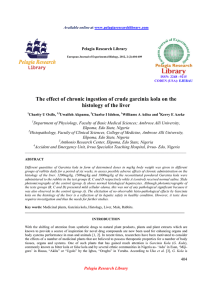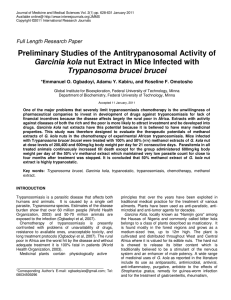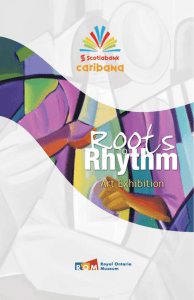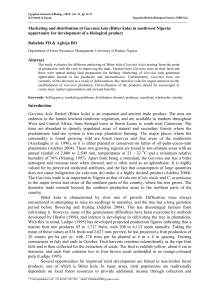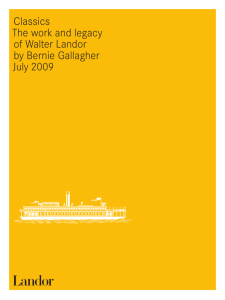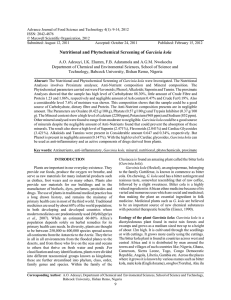RHYTHM & SOUND PRE
advertisement
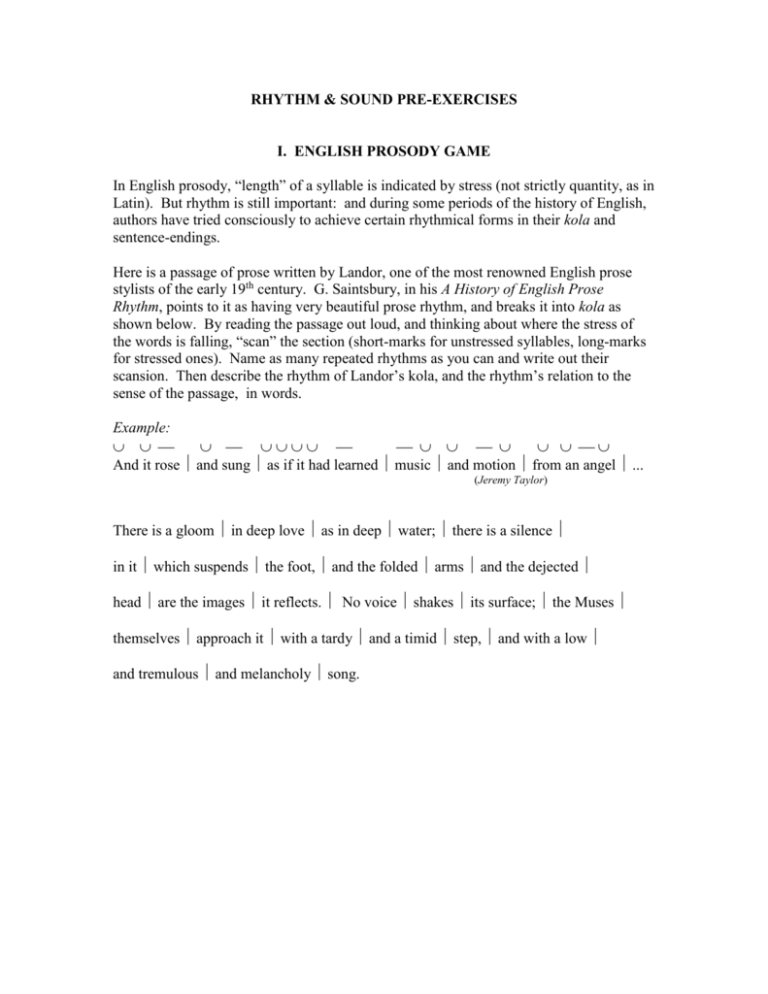
RHYTHM & SOUND PRE-EXERCISES I. ENGLISH PROSODY GAME In English prosody, “length” of a syllable is indicated by stress (not strictly quantity, as in Latin). But rhythm is still important: and during some periods of the history of English, authors have tried consciously to achieve certain rhythmical forms in their kola and sentence-endings. Here is a passage of prose written by Landor, one of the most renowned English prose stylists of the early 19th century. G. Saintsbury, in his A History of English Prose Rhythm, points to it as having very beautiful prose rhythm, and breaks it into kola as shown below. By reading the passage out loud, and thinking about where the stress of the words is falling, “scan” the section (short-marks for unstressed syllables, long-marks for stressed ones). Name as many repeated rhythms as you can and write out their scansion. Then describe the rhythm of Landor’s kola, and the rhythm’s relation to the sense of the passage, in words. Example: And it rose and sung as if it had learned music and motion from an angel ... (Jeremy Taylor) There is a gloom in deep love as in deep water; there is a silence in it which suspends the foot, and the folded arms and the dejected head are the images it reflects. No voice shakes its surface; the Muses themselves approach it with a tardy and a timid step, and with a low and tremulous and melancholy song. II. LATIN PRE-EXERCISES (ut vitam nullam) esse du- camus (so that) we think (life) is nothing On the model of the above, and using the given vocabulary words, write in Latin: Express this phrase: Using these words: 1 we ought to have 2. that (reason) which you say 3. it delights (us) that (he) has come 4. (a thing) which they can say habere debere (causa) ista qui/quae/quod dicere (nos) (eum) venire delectare qui/quae/quod loqui posse (so that) each person deserves (ut) quisque mereatur 1. 2. 3. 4. they were able to bear/endure (so that) it seems to be (so that) they seem to have conspired about to have an army (use fut. part.) ferre posse (ut) esse videri (ut) conspirare videri exercitus habere 1. 2. 3. 4. she will have adopted the free-born sons greedy laws his own compulsion (accusative) either to think or to say suscipere liberi ius venalis/e compellatio suus/a/um (aut)... aut; ducere dicere 1. (so that) I was already seeing 2. to have thought 3. we hold (someone) in our embrace 4. he has slaughtered 5. (that) he had been made (consul) (ut) iam videre cogitare complexus tenere trucidare (ut consul) facere
